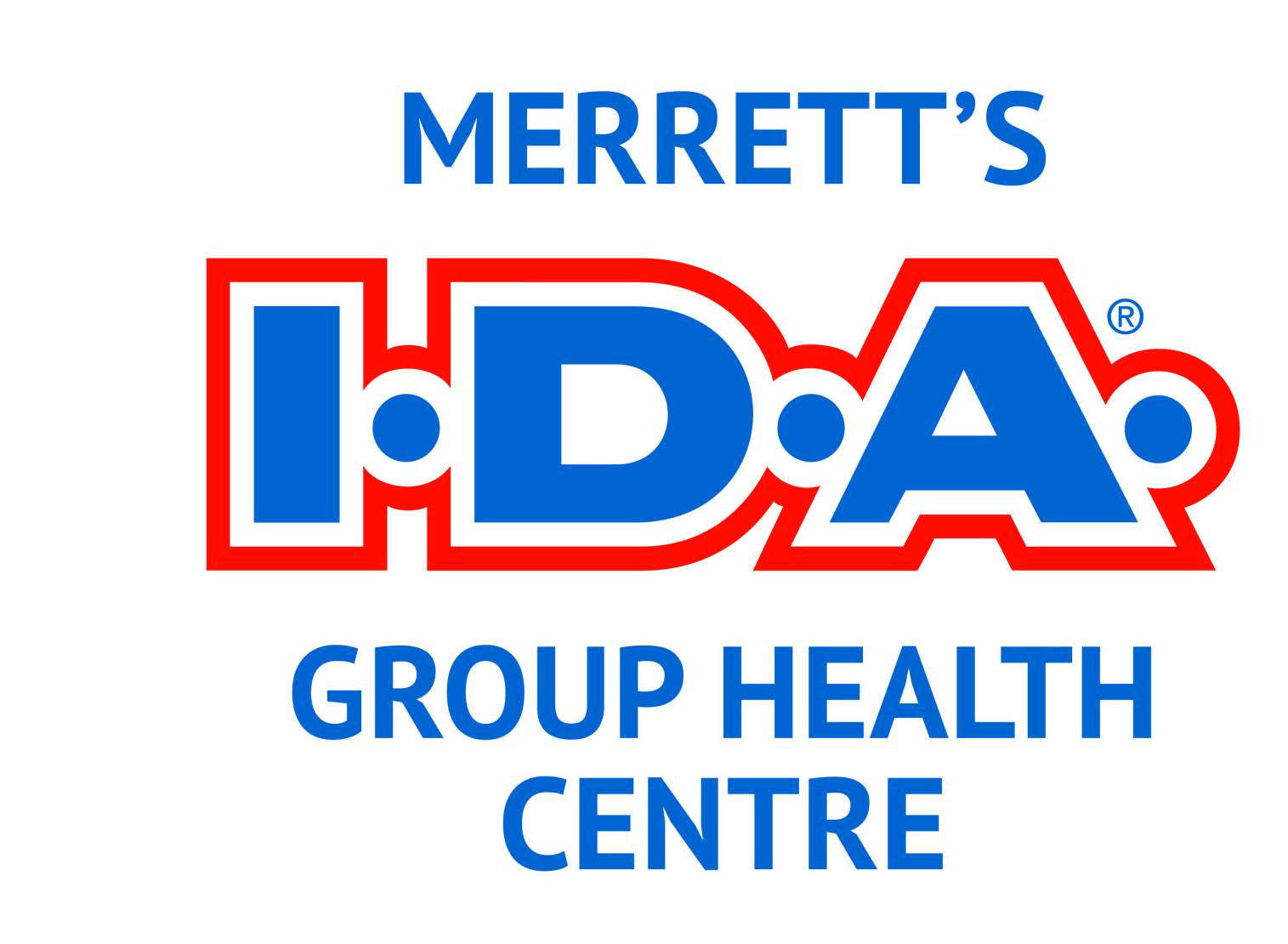Low Blood Sugar Levels
BEWARE OF LOW SUGAR LEVELS AND HYPOGLYCEMIA!
- HOW LOW IS TOO LOW?
Generally speaking, when blood sugar drops below 4 mmol/L, the level is considered too low and the person is hypoglycemic. It is important to check with your treatment team what your threshold is because it can vary.
- WHAT CAUSES BLOOD SUGAR LEVELS TO DROP TOO LOW?
Some diabetes medication can cause hypoglycemia, including insulin and certain medications that increase the amount of insulin secreted by the pancreas. This occurs most frequently when there is a dosage error (especially with insulin) or when medication is not taken as prescribed.
Other situations that can lead to a drop in blood sugar levels include skipping meals or eating less than usual, exerting a more intense or longer-than-usual physical effort, or drinking alcohol, especially without eating at the same time.
- HOW CAN YOU TELL IF YOUR BLOOD SUGAR IS TOO LOW?
Hypoglycemia can cause a number of symptoms:
- Shaking, palpitations, sweating
- Anxiety
- Difficulty concentrating, confusion, mood swings
- Weakness
- Vision problems, difficulty speaking
- Sleepiness
- Dizziness, headaches
- Hunger
- Nausea
- Tingling, pallor
Not all of these symptoms will necessarily be present, and they may vary from one episode to the next.
Some people may have trouble recognizing the symptoms of hypoglycemia, especially if they have had diabetes for a number of years. It is important that their friends and family recognize the symptoms, as their assistance may be required if the person’s blood sugar level drops too low without them realizing it.
In some cases, hypoglycemia can result in loss of consciousness or coma, in which case it is a medical emergency and someone must call 911 immediately.
If you are feeling these symptoms or think you may be having a hypoglycemic episode, measure your blood sugar with a glucose meter. If the reading is lower than 4 mmol/L (or the threshold determined by your physician), it is important to act fast.
- WHAT SHOULD YOU DO IF YOUR BLOOD SUGAR IS TOO LOW?
To bring your blood sugar level back above 4 mmol/L (or the threshold determined by your physician), you need to ingest sugar that will be rapidly absorbed by your body, ideally glucose tablets sold at the pharmacy. You can also drink ¾ cup (175 ml) of fruit juice or non-diet pop, 15 ml (1 tablespoon) of white sugar (diluted in a little water), honey, or maple syrup.
Wait about 15 minutes and measure your blood sugar again. If it is still too low, ingest another source of sugar and measure it again after another 15 minutes.
Once your blood sugar is back to an acceptable level, you will need to eat to keep it high enough. If it is mealtime, eat as you normally would. If you won’t be having a meal before at least one hour, eat a snack containing carbohydrates and proteins, e.g., a slice of bread with cheese.
If you suspect your blood sugar level is too low but you don’t have your glucose meter with you to check, ingest a source of sugar just to be on the safe side. It’s better to boost your blood sugar level a little higher for a short period than to risk the complications of hypoglycemia, e.g., a fall caused by dizziness.
- HOW CAN YOU REDUCE THE RISK OF HYPOGLYCEMIA?
It is important to take your medication correctly, i.e., the right dose at the right time, to eat at regular times (meals and snacks), and to stick to your food plan, if you have one.
While drinking alcohol is not forbidden, you will need to heed certain precautions. For example, never drink alcohol on an empty stomach or before, during, or immediately after physical exertion.
Physical activity is important for good health—for non-diabetics and diabetics alike. However be sure to bring along a snack appropriate for the intensity and duration of the effort or adjust your insulin dose, as required.
Diabetics should always have their glucose meter handy as well as a snack or source of fast-acting sugars.
- WHAT IS THE PHARMACIST'S ROLE IN THE PREVENTION OF HYPOGLYCEMIA?
Each time a new medication is prescribed, the pharmacist ensures that it will not interact with the person’s diabetes medication or affect blood glucose levels. He or she also advises diabetics on over-the-counter medication or natural health products. If a person suffers repeated hypoglycemic episodes, the pharmacist can evaluate the medication so as to identify the problem and propose solutions.
